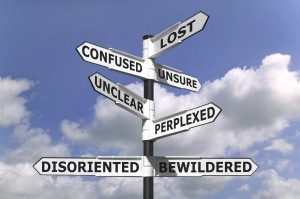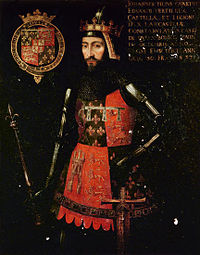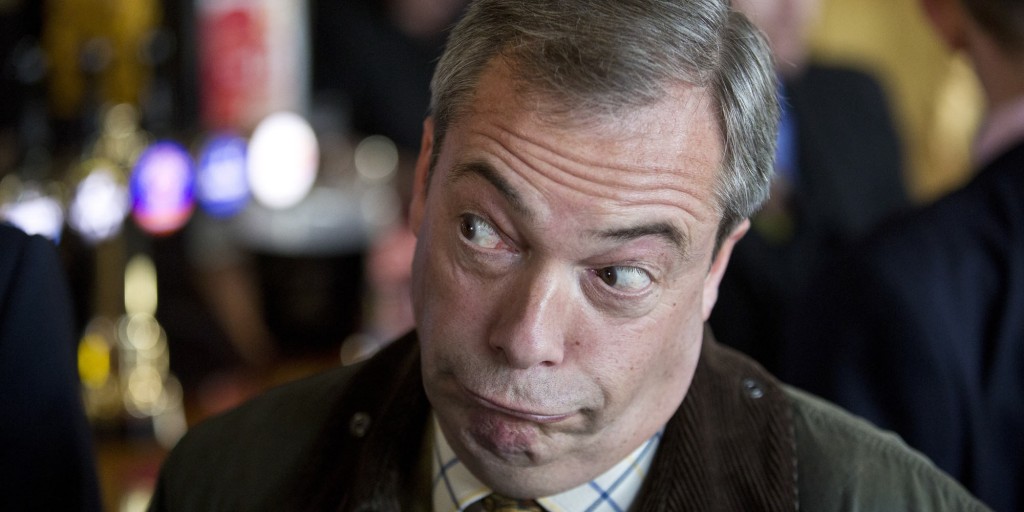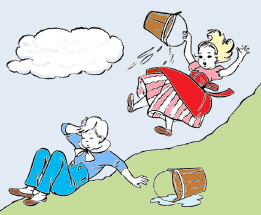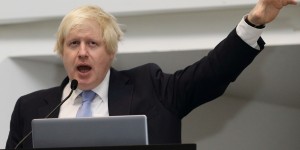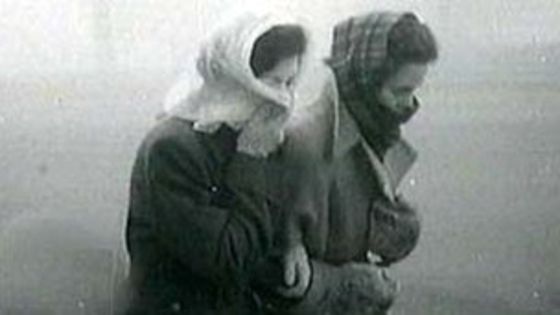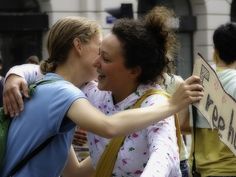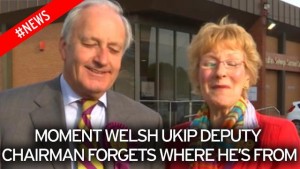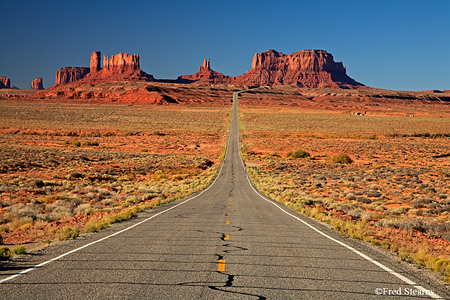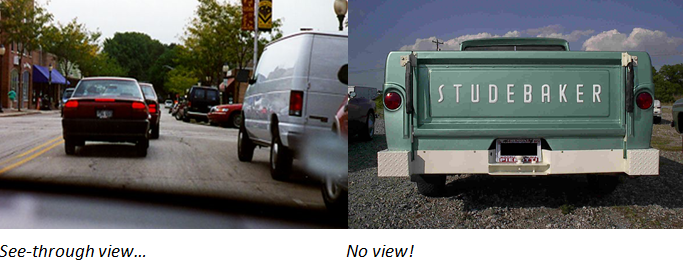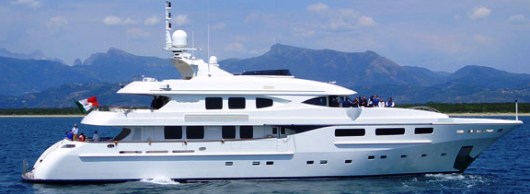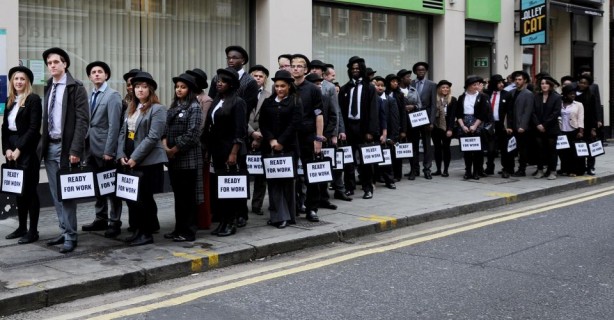Like many of us, I’ve got used to seeing reports of the latest stupid, outrageous comments of Donald Trump. But occasionally, I’m still left startled. This time, it was by a single word: “beautiful”. He had returned to a continuing theme of his presidential campaign: his plan to build what, on this occasion, he described as an “impenetrable, physical, tall, powerful, beautiful, southern border wall” between the US and Mexico. The long list of adjectives was delivered, punch by punch, with an impassioned fury – in contrast to the mumbled speech in Mexico the day before, where he said, without conviction, how much he loved Mexicans. The other adjectives he used I could understand – in the context of the speech – but “beautiful”? That struck a chill in my heart.
Before someone sets out to build a real, physical wall, i.e. one designed to keep one set of people apart from another, some things must happen first in that person’s head. The idea and plan for the wall must be made: where, what materials, how high and so on. Before that idea can be formed, the builder must have some motive for building the wall. This takes the form of a “wall in the head”: some idea of the “us” on this side of the wall and the “them” on the other. This distinction between “us” and “them” requires dividing people into two homogenous groups divided by some characteristic. We call this stereotyping, bigotry or just plain old lazy thinking.
Walls in the Head
In music and literature, as well as journalism, much has been said and written over the years about the walls we build in our heads. These walls are built for various reasons: to disguise shyness and poor interpersonal skills, as an emotional shield and as a way of avoiding any consideration of the opinions or needs of “the other”. The consequences of such mental walls are usually destructive, often self-destructive.
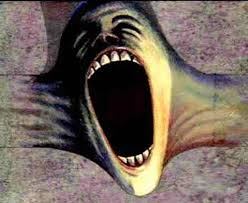
Pink Floyd produced a whole double album, The Wall, with a film to follow, on the subject. Great swathes of the Paul Simon songbook are devoted to the idea: examples include I Am a Rock, Something So Right (“I got a wall around me…”). Much of the work of Franz Kafka inhabits this world of isolation.
In the real world, think of the euphemistically named “peace barriers” in Northern Ireland during the height of the “Troubles”; think of the pain and misery on both sides of Israel’s security “fence”. Think also of the joy and optimism which flowed from the tearing down of the Berlin Wall. In earlier, and presumed more barbaric, times, we had the Great Wall of China and Hadrian’s Wall. That’s just a few.

In my blog post This Blinkered Isle just before the EU referendum, I lamented the fact that the entire public debate consisted of opposing appeals to self-interest or national interest. There was no one who took time to remind the voters of more collective benefits. Take, for example, the journey taken by millions formerly behind the Iron Curtain (another wall) from oppression to democracy, often inspired by the ideals and principles – and membership rules – of the EU.
More generally, few voices are ever raised in public reminding us of our common humanity: what unites us, rather than divides. In the UK, the Labour Party should be the natural home for many of these voices. Tragically, in its current state, Labour seems to expend all its energies building little walls between its various factions, rather than painting a unifying picture of the common good. Andrew Copson, head of the British Humanist Association, does make speeches from time to time around these themes – usually ignored by the mainstream media. As an atheist and humanist, I am simultaneously uplifted and embarrassed that the only voices reported who are stressing these ideals seem to come from a pope or an archbishop.
Take a Little Time
Now, to return for a moment to Paul Simon. The fuller lyric above is: “I got a wall around me that you can’t even see. It took a little time to get next to me”. The Northern Ireland Good Friday agreement is a good example of taking (more than) a little time – and not a little courage – to get the warring parties to talk meaningfully to each other. The horrifying rise in hate crimes since the referendum is just one symptom of how divided we’re becoming. Surely we can take a little more time getting to know each other – and a little less time building walls. Now that would be beautiful.
